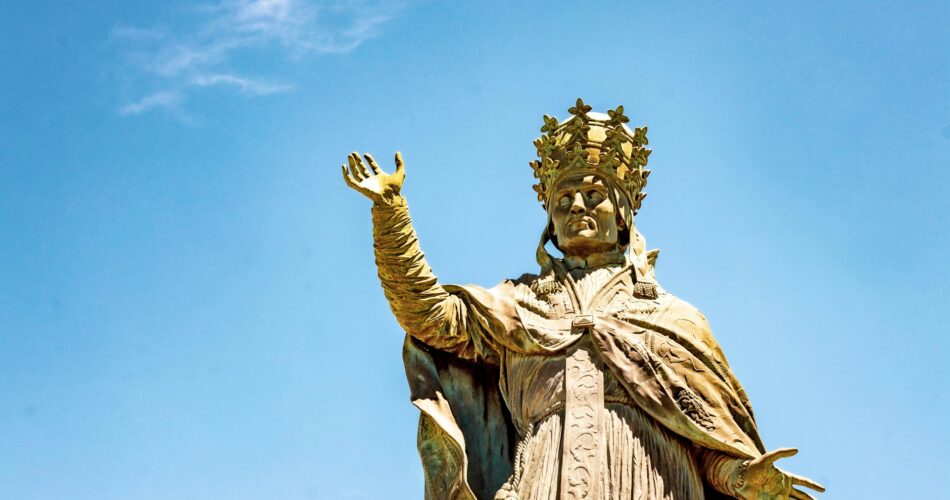A historic vote is incoming.
The Roman Catholic Church is preparing to begin the formal process of selecting a new pope next week, marking its first full week without a pontiff since the passing of Pope Francis.
According to a Monday update on X from Vatican News, the Holy See Press Office announced that the papal conclave will commence on May 7. The decision was made during the fifth General Congregation by the cardinals currently gathered in Rome.
This conclave, set to be held in the Sistine Chapel at Vatican City, will begin more than two weeks after Pope Francis died on April 21 at the age of 88. The chapel will remain closed to visitors during the proceedings.
Matthew Schmalz, a religious studies professor at the College of the Holy Cross in Massachusetts and an expert on Catholicism, shared insights in an interview with The Christian Post. He noted that this upcoming conclave could take longer than usual due to limited familiarity among the cardinals, many of whom were appointed by Pope Francis and hail from diverse and less central regions of the Catholic world.
The term “conclave” originates from the Latin for “with a key,” referring to the seclusion of cardinals within the Sistine Chapel. The process continues until one candidate receives support from at least two-thirds of those present.
Currently, 135 cardinals are eligible to vote under the rules of the 1996 apostolic constitution Universi Dominici Gregis, which limits participation to those under 80 years of age. However, Spanish Cardinal Antonio Llovera will not attend due to health issues, bringing the number of participants to 134.
Recent conclaves have required several rounds of voting. In 2005, Pope Benedict XVI was elected after four ballots. Pope Francis secured the papacy in 2013 after five rounds. During the voting, the candidate with the fewest votes is eliminated after each round.
Schmalz also speculated on potential frontrunners. He highlighted Cardinal Luis Tagle, the former archbishop of Manila and a current Vatican official, and Cardinal Matteo Zuppi of Bologna as likely choices for those wishing to continue Francis’ reformist legacy.
Other names mentioned included Cardinal Malcolm Ranjith of Sri Lanka, who might appeal as a unifying figure between traditionalists and progressives, and Cardinal Robert Sarah of Guinea, a preferred option for those seeking a return to more conservative leadership.
